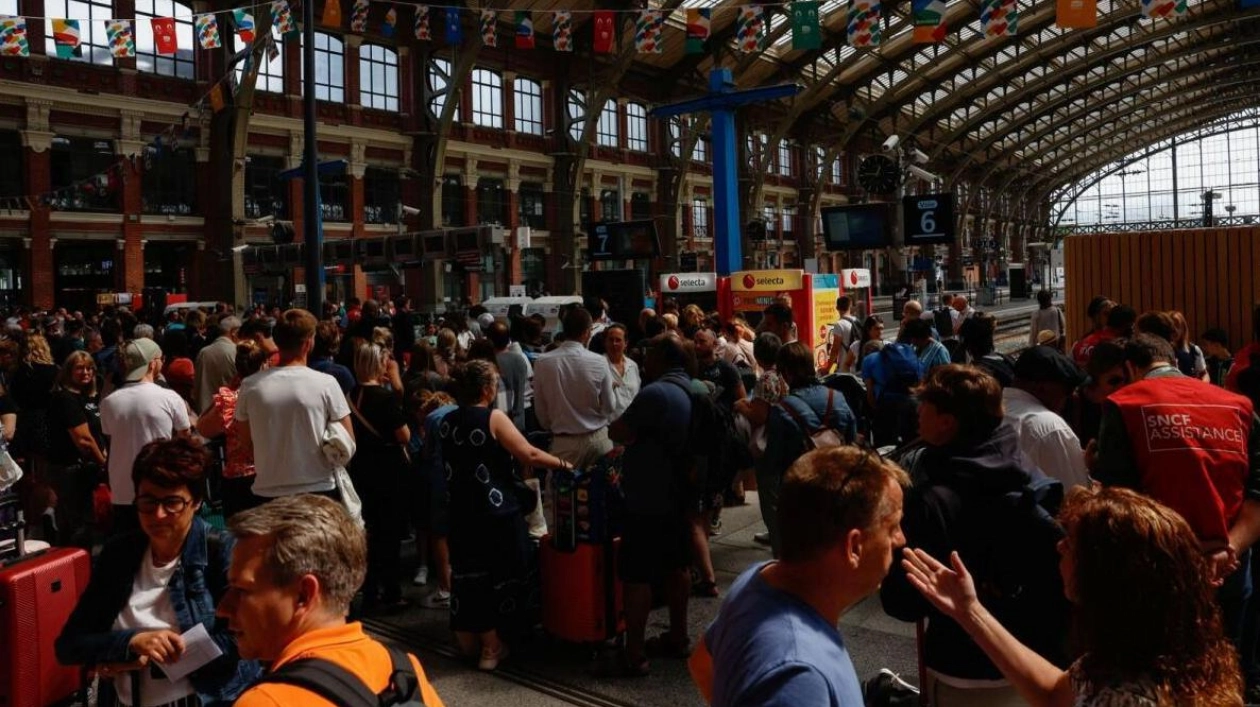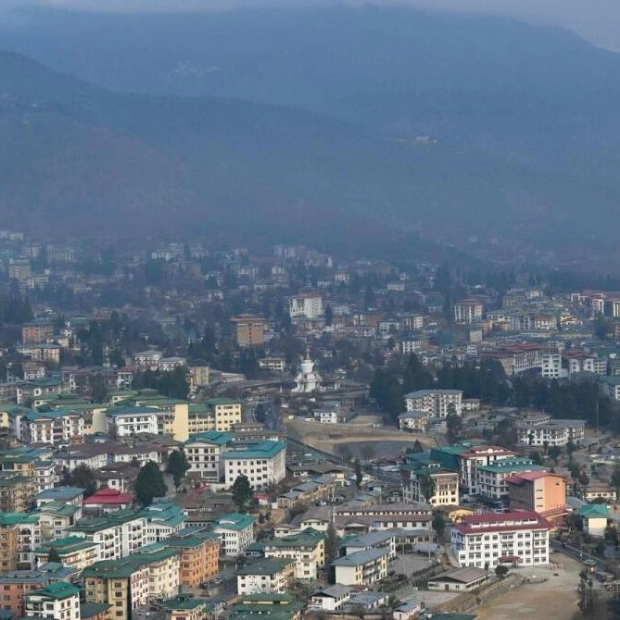French police, investigating the sabotage of high-speed rail lines just before the Paris Olympics' Opening Ceremony, have sought assistance from the US FBI, according to two sources familiar with the French investigation. The request came after several media outlets, including Reuters, received an email that the police suspect was sent by the perpetrators. The email, which did not explicitly claim responsibility, contained a lengthy list of complaints and was signed by "an unexpected delegation", sent from a riseup.net address. This Seattle-based collective claims to offer "communication and computer resources to allies engaged in struggles against capitalism and other forms of oppression".
The saboteurs targeted four high-speed TGV lines leading into Paris with incendiary devices, causing significant travel disruptions just hours before the Olympic athletes' parade along the River Seine on July 26. No arrests have been made. French officials are considering the possibility of domestic far-left groups being involved, but have not ruled out foreign involvement. Given that riseup.net is based in the US, French police have asked the FBI to pressure the organization to identify the email account-holder, as reported by the two sources to Reuters. The FBI has not commented on this matter, and Riseup has not responded to a request for comment.
The FBI would likely need to issue a subpoena to Riseup to obtain the account details, but Riseup is unlikely to comply, as stated on their website: "We will actively fight any attempt to subpoena or otherwise acquire any user information. We do not share any of our user data with anyone." In a 2020 interview with a Belarusian anarchist group, Riseup confirmed they had never complied with a foreign legal request. However, the FBI has previously obtained warrants against Riseup. In 2012, FBI agents seized a server used by Riseup in connection with a bomb threat investigation. In 2017, Riseup reluctantly complied with two FBI warrants seeking the identity of accounts involved in extortion.
The author of the email criticized France's arms, energy, and nuclear sectors, and denounced the TGV network as benefiting only "a few privileged people". They argued that the impact of the attacks, which disrupted tourist trips and holiday departures, was minimal compared to the legacy of a transport system that has "always been a means for the colonisation of new territories". French investigators have not yet found solid evidence of foreign involvement. One source mentioned that police are exploring a possible connection to a 2023 hack of the Polish rail system, initially believed to be carried out by Russia. In December, a Polish court sentenced 14 citizens of Ukraine, Belarus, and Russia for spying for Russia, involving rail transports of arms for Ukraine via Poland and planning to disrupt them.
France has accused Russia of orchestrating a disinformation campaign to create chaos ahead of the Olympic Games, which are now in their second week. French police arrested a Russian man in July who was suspected of planning to destabilize the Olympics. The Russian Foreign Ministry has not responded to a request for comment following the sabotage incident. Police have not yet established a link to a similar sabotage of France's telecoms network two days after the TGV attacks. Although both involved incendiary devices, the explosive materials used were different, according to one source. One line of inquiry involves explosive material found on a TGV line near Marseille on May 8, the same day the Olympic torch arrived in the city. The explosive material was almost identical to that used in the July 26 attacks.
The prosecutor's office in Aix-en-Provence confirmed it was investigating but declined to comment further. French police are also looking into former employees of state-owned rail operator SNCF, as well as third-party contractors. One source noted that much of the knowledge needed to carry out the TGV sabotage can be easily found online. French police are also in discussions with Italian, German, and Spanish counterparts, as the attacks may have been coordinated with anarchist groups from abroad. Far-left and anarchist cells typically oppose the state and capitalism and are increasingly integrating environmental concerns into their ideologies, according to French officials. They have proven difficult to infiltrate, with members often living off-grid and being wary of outsiders. They avoid mainstream communication channels and maintain strict digital hygiene. Given that their attacks are generally non-lethal, they are less of a priority for security services focused on deadly radical militants.






